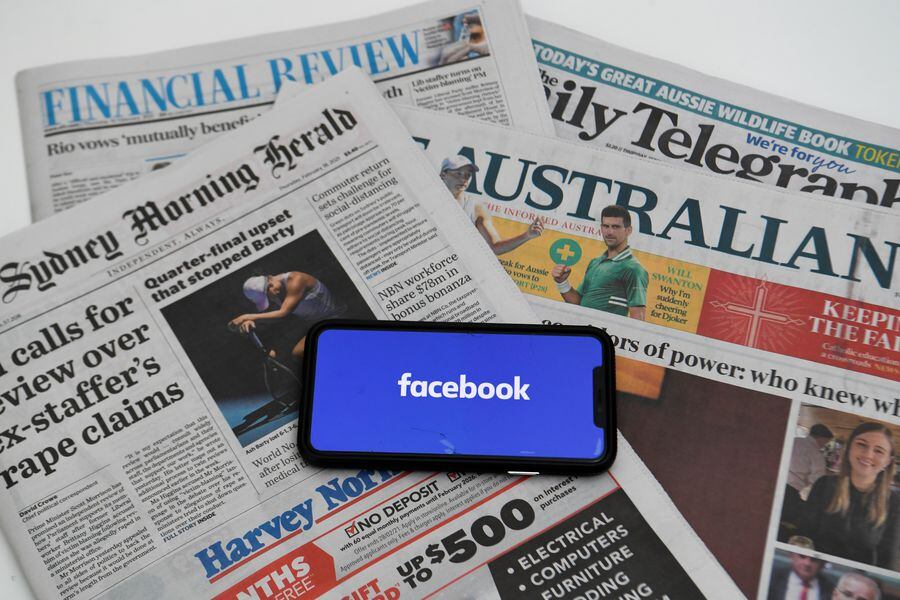Two weeks ago, the Australian government and Facebook settled one of the biggest conflicts in recent times. The ‘digital war’ entered the home length when passed by Australian lawmakers Mandatory negotiation law that requires large digital sites to pay “fair pay” For media for press content. This restriction had repercussions in other parts of the world, and EU countries are now seeking new rules for technologies.
The Australian news media and digital sites trade code This arose after an executive led by Scott Morrison in April 2020 requested a code of conduct from the Australian Competition and Consumer Commission (ACCC) to “redress the power imbalance between press and technology companies such as Google and Facebook”.
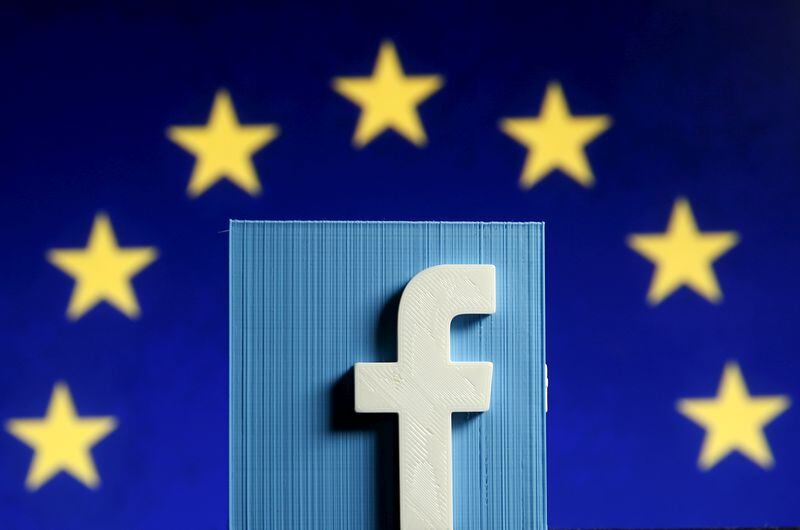
In a statement, the ACC explained it Public interest in newspapers has been declining in recent years, creating a drop in media revenue due to the loss of advertising, Google and Facebook increased exponentially.
In the midst of the debate on the law in Parliament, Facebook has banned the sharing of news content on Australian soil. In this way, the social network, which has about 17 million visitors each month in the country, ordered citizens not to “view or share Australian or international news content on Facebook,” which was classified as “hostile” by the Australian government.
However, in late February, Australian Finance Minister Josh Friedenberg and Facebook Australia CEO Will Easton announced at a press conference a Agreement Two comments on the law ended the siege Realism.
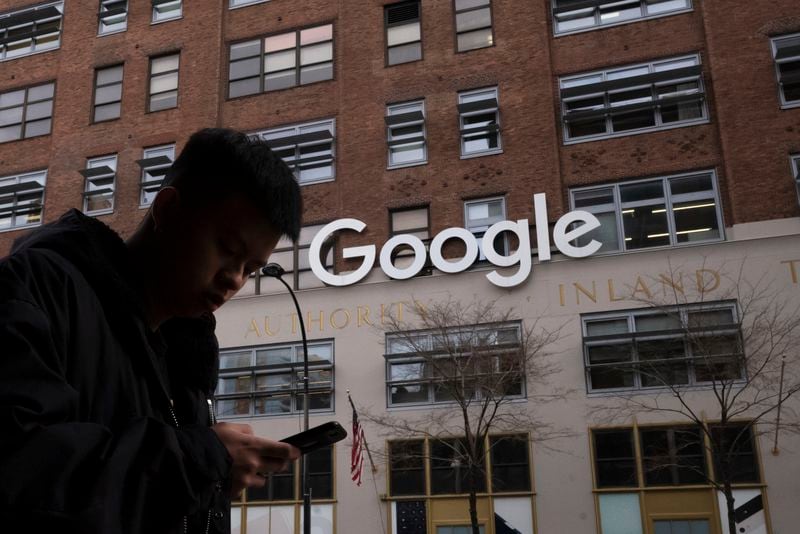
According to the French Press, The agreement reached will not be allowed by the new terms until both Facebook and Google reach agreements with the media. In order to use its contents, an additional two months was established to seal that commitment and comply with the new Australian guidelines.
The debate over Australian law has re-established itself in Europe. The Spanish government was one of the first countries to confront Google when it passed the Intellectual Property Act in 2014 It established fees for articles in “databases” and now Monclova has begun working with the country’s mainstream media to define a new intellectual property order.
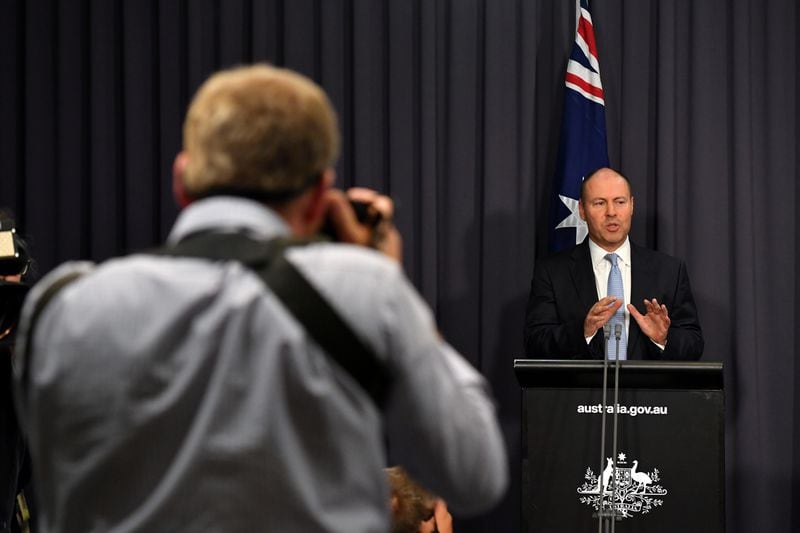
One of the unknowns of the European agreement is the definition of the form of negotiation between the media and big technology. However, the point of creating more resistance in technology companies The law guarantees financial compensation for the use of content in “all search results” and even in “very short statements”.
In France, a consortium of 121 media outlets agreed with Google in January on a mixed system Each participant can negotiate on their own or in a group and voluntarily benefit from the “rights management company”.
According to the El Boss newspaper, European Parliament Order 2019/790 recognizes publishers’ “relevant right” to be compensated for the use of content they produce, But it has implications with current Spanish law, which requires prior permission from the rights holder and applies only to newspaper editors.
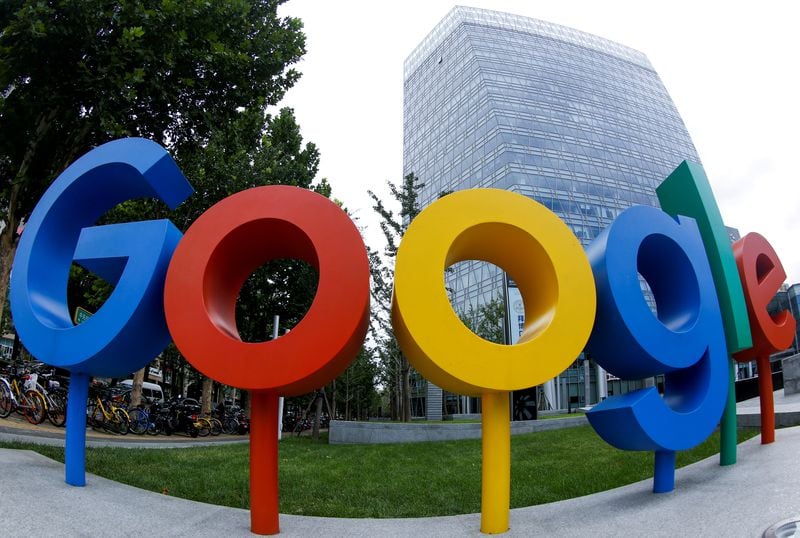
The next interruption of the Google News Showcase is a review of the European market Google is willing to compensate publishers for articles they use on its news services, but will not pay for articles that appear on its search engine.
The European Publishers Council (EPC), along with major European press groups, has promised Microsoft in a statement. European law “must be inspired by the new Australian law. To ensure that reasonable agreements are negotiated, the settlement must have arbitration rules. “
Although this is not the only sticking point. The European Commission will release this year Digital Services Act (DSA) and Digital Markets Act (DMA)Terms used without law in each country.

“Proud explorer. Freelance social media expert. Problem solver. Gamer. Extreme travel aficionado.”

